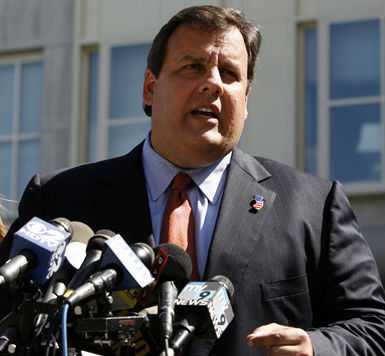San Francisco’s former first lady Wendy Paskin-Jordan sits on the board of the San Francisco Employees’ Retirement System (SFERS); her seat is appointed by city mayor Ed Lee, who was ready to appoint her to another term.
But an ethics complaint has put Paskin-Jordan’s appointment “on hold”. The details of the complaint:
The main issue discussed Tuesday was her investment in Grantham, Mayo, Van Otterloo and Co., an investment firm, in which the employees’ pension fund has invested $388 million. In a required financial disclosure statement filed last year, Paskin-Jordan reported she had invested between $100,000 and $1 million in GMO in August 2011. That amount, however, is below the company’s minimum investment threshold of $10 million.
City law prohibits board members from investing in private equity, limited partnerships and in nonpublically traded mutual funds doing business with the Employees’ Retirement System. Additionally, city law prohibits a board member from soliciting or accepting “a business opportunity, a personal loan, a favor or anything of value from any public entity or firm doing business with SFERS.”
Paskin-Jordan has been out of town recently, but the rest of the board wants to give her a chance to explain the situation for herself in front of the board. Meanwhile, she has the support of the retirement system’s Executive Director. From the SF Examiner:
In a Dec. 8 letter to the Ethics Commission, retirement system Executive Director Jay Huish argues that both these laws were not broken by Paskin-Jordan’s investment.
Huish noted that GMO is considered a manager of public-market assets, and that Paskin-Jordan had received a threshold waiver to invest in GMO from her former employees who went on to work there. That waiver, Huish said, was granted before she was appointed to the board and exercised after she was on the board.
The San Francisco Employees’ Retirement System manages about $20 billion in assets.
Photo by ilirjan rrumbullaku via Flickr CC License


